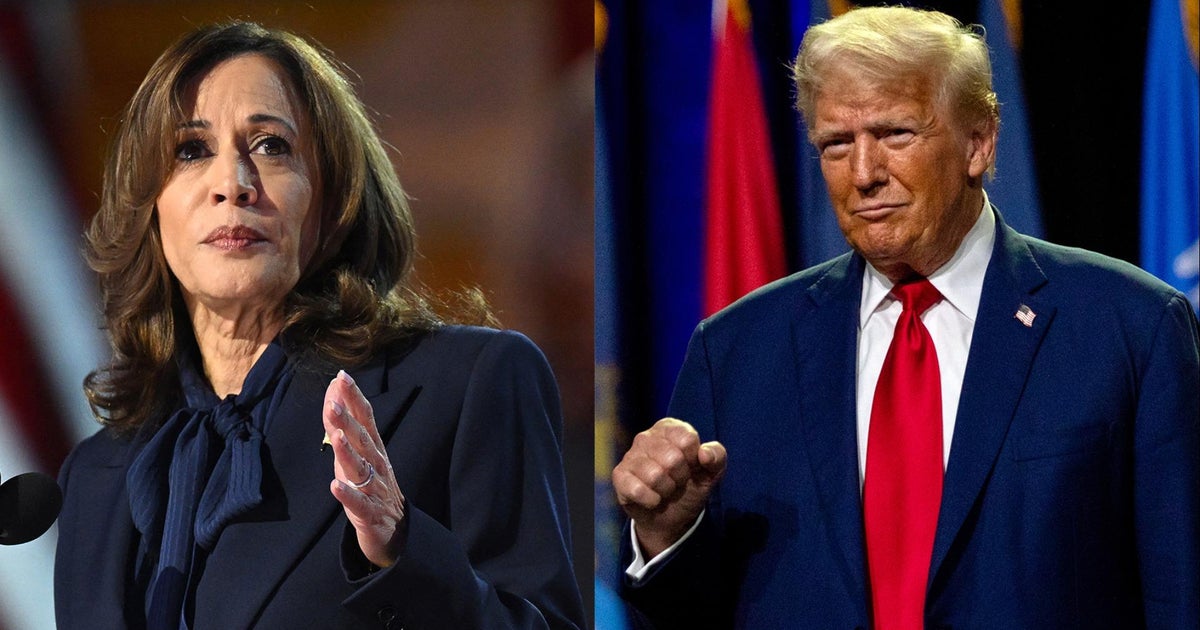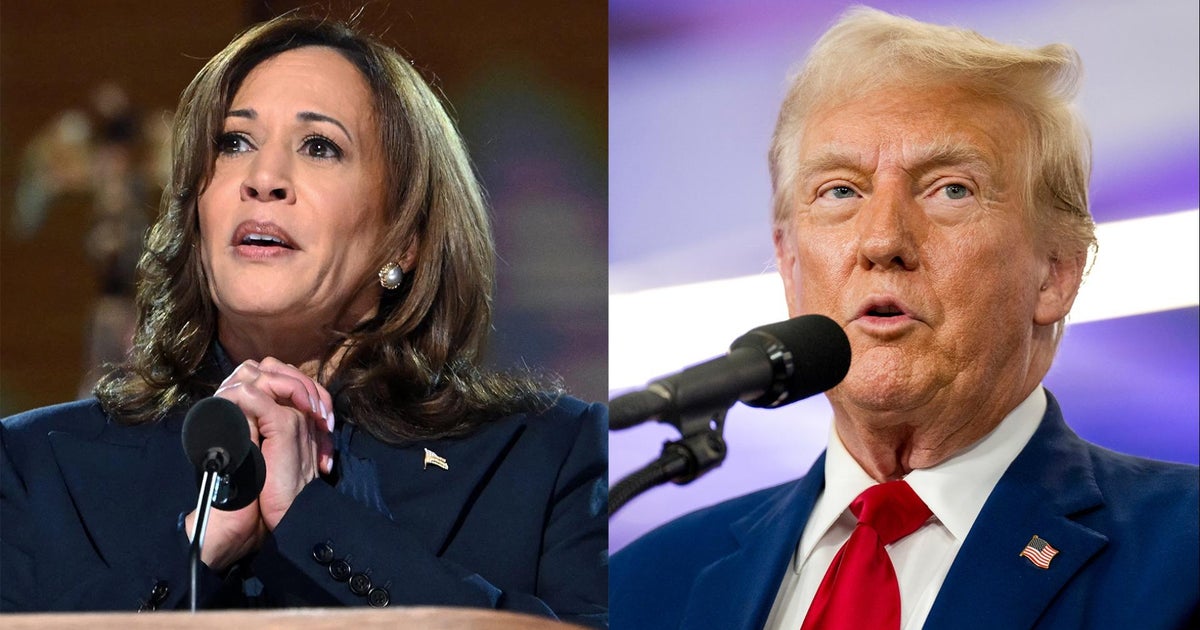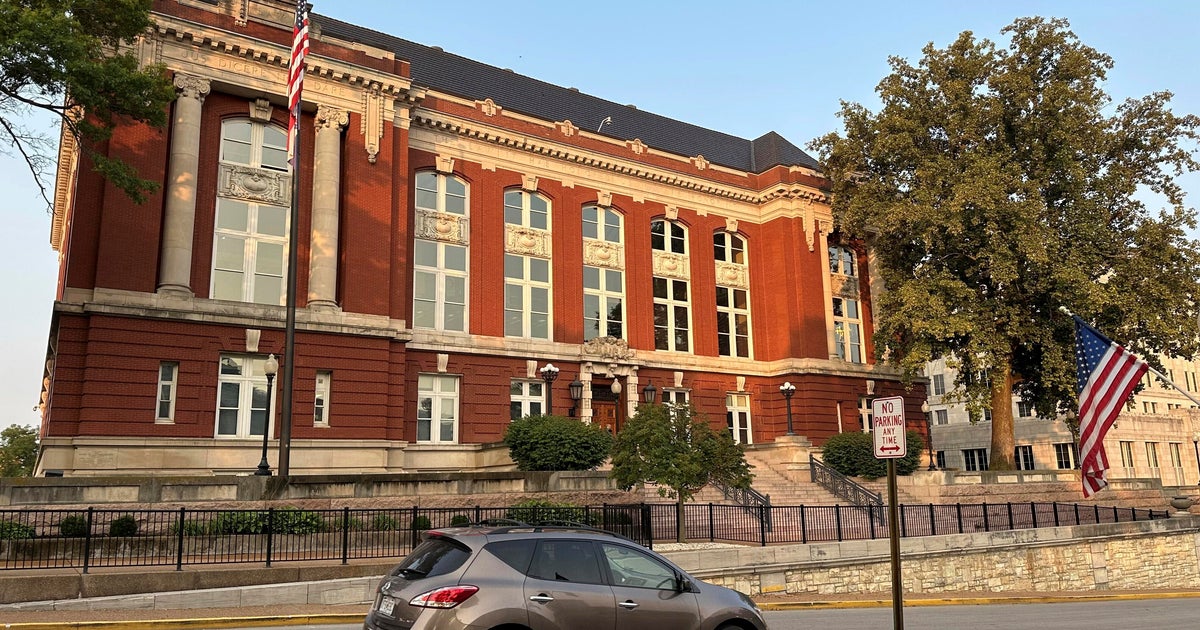Vice President Kamala Harrisused Monday’s joint campaign appearance with President Biden in the industrial city of Pittsburgh to say that U.S. Steel should remain domestically owned — coinciding with the White House’s earlier opposition to the company’s planned sale to Nippon Steel of Japan.
Harris said U.S. Steel “should remain American-owned and American-operated,” calling it “an historic American company” that “is vital for our nation to maintain strong American steel companies.”
“I will always have the back of America’s steelworkers,” she said.
This continues Mr. Biden’s stance made in spring, when he opposed the sale of U.S. Steel to Nippon Steel of Japan, saying American steel companies should be powered by American workers, which he reiterated on Monday.
“United States Steel, an iconic American company for more than a century, is going to remain an American company,” Mr. Biden said.
The agreement for Nippon to buy U.S. Steel was reached in December. InMay, U.S. Steel said their merger is expected to be completed in the “second half of 2024, subject to the fulfillment of the remaining, customary closing conditions, including the receipt of required U.S. regulatory approvals.”
Harris’ announcement about the sale constitutes a major policy position for the vice president, who has offered relatively few policy positions since Mr. Biden abandoned his reelection bid and endorsed Harris in July. The vice president has offered little in the way of specific policy proposals, sticking instead to broad brush economic visions.
Kamala Harris addresses policy shifts in CNN interview, her first as Democratic nominee
In her campaign’s opening weeks, Harris has been careful to balance presenting herself as “a new way forward” while remaining loyal to Mr. Biden and the policies he has pushed. It’s a delicate position at times for Harris, who as vice president has also been responsible for the Biden administration’s policies the last four years.
Harris’ team says voters in the critical swing state of Pennsylvania are newly energized since she moved to the top of the ticket six weeks ago, with tens of thousands of new volunteers signed up to canvass for her and Minnesota Gov. Tim Walz, the Democratic vice presidential nominee.
Harris’ and Mr. Biden’s appearance at the parade, one of the largest such gatherings in the country, is part of a battleground state blitz with just over two months until Election Day. Harris visited Detroit earlier Monday for a campaign event before meeting the president in Pennsylvania.
Harris has sought to appeal to voters by positioning herself as a break from poisonous politics, rejecting the acerbic rhetoric of her Republican opponent, former President Donald Trump, while looking to move beyond the Biden era as well. Harris events feel very different from Biden’s, which usually featured small crowds, but the vice president’s agenda is chock-full of the same issues he’s championed: capping the cost of prescription drugs, defending the Affordable Care Act, growing the economy, helping families afford child care — and now her position on U.S. Steel.
“We fight for a future where we build what I call an opportunity economy, so that every American has the opportunity to own a home, start a business and to build wealth and intergenerational wealth,” Harris said at a recent rally, echoing Biden’s calls to grow the economy “from the bottom out and the middle up.”
Harris has promised to work to lower grocery store costs to help fight inflation. She’s also moved faster than Biden in some cases, calling for using tax cuts and incentives to encourage home ownership and end federal taxes on tips for service industry employees.
The vice president briefly appeared on stage with Mr. Biden after the president delivered his remarks on the opening night of last month’s Democratic National Convention. They both have appeared at official events and met together at the White House since the ticket swap.
Aaron Navarro and Caitlin Yilek contributed to this report.



